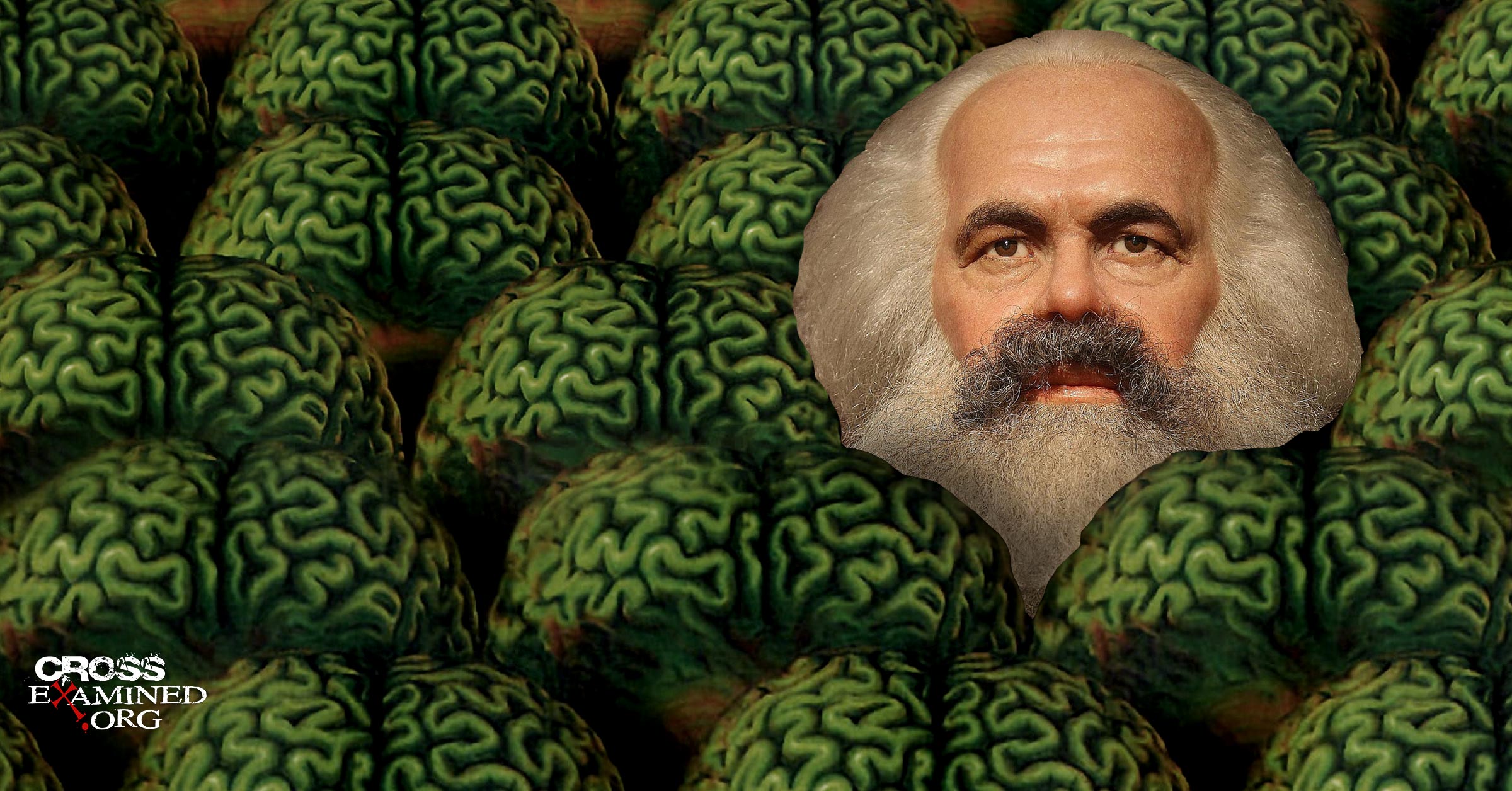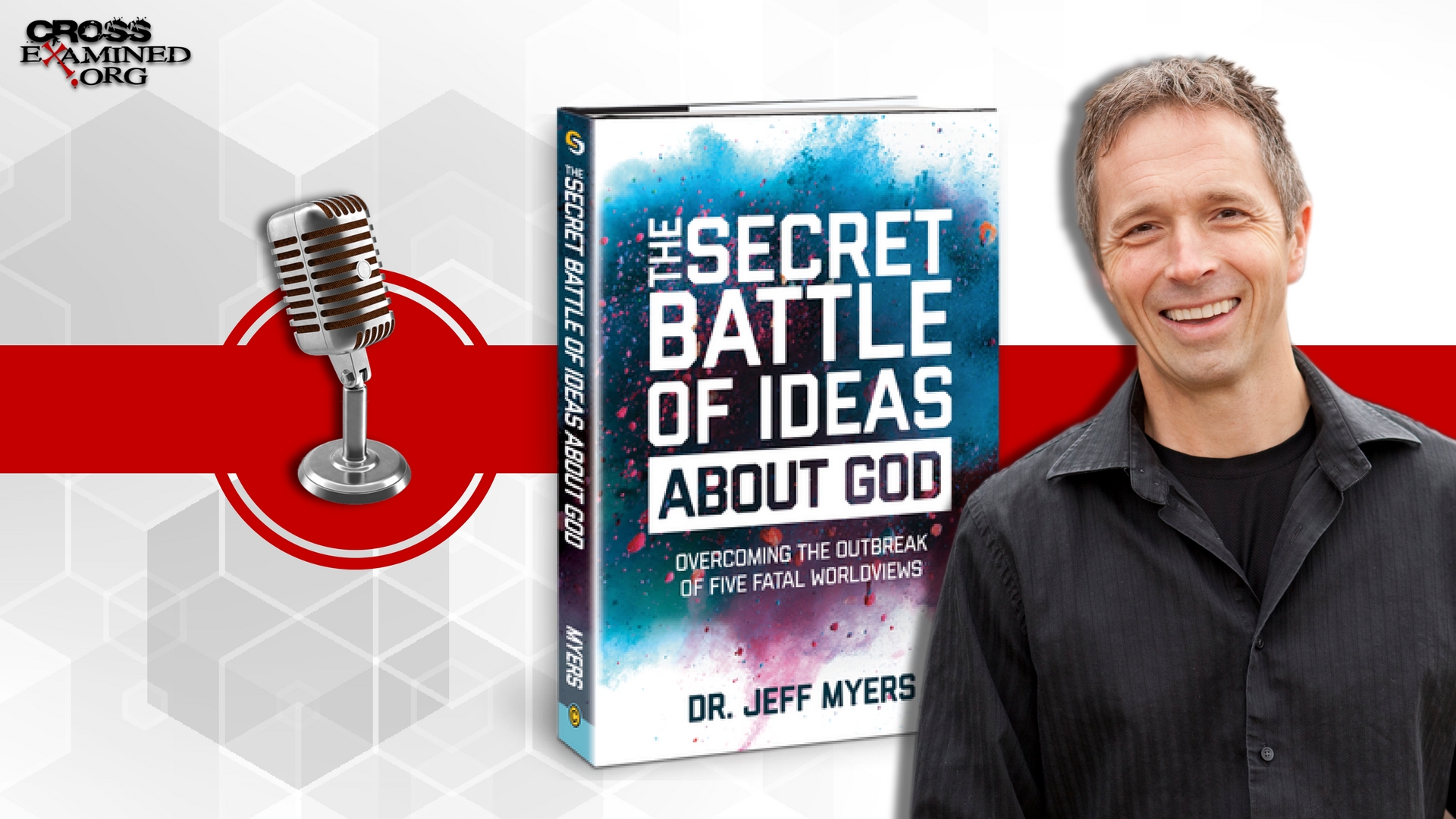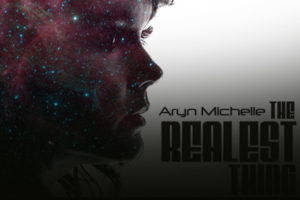By Terrell Clemmons
A Framework for Mapping Reality & Engaging Ideological Confusion.
“Science is more than a body of knowledge. It’s a way of thinking,” said Carl Sagan in the last interview he gave before his death in 1996 at age 62. Sagan and Charlie Rose were discussing Sagan’s last book, The Demon-Haunted World: Science as a Candle in the Dark, and the danger that America’s deficiency in basic science posed for future generations. People in positions of power, they agreed, as well as the electorates who put them there must have a correct understanding of “the way the universe really is” and not be informed by doctrines that “make us feel good.” “If we are not able to ask skeptical questions, to interrogate those who tell us that something is true,” Sagan stressed, “then we’re up for grabs for the next charlatan, political or religious, who comes ambling along.” The upshot of it all was that science, rather than demons or doctrines, must be the “candle” that lights our way to the future.
Sagan is best known as the author and host of the 1980 PBS series Cosmos: A Personal Voyage, which was the most widely watched PBS series of the 1980s. His legacy lives on in the 2014 Cosmos: A Spacetime Odyssey, which aimed to capture for a new generation the “spirit of the original Cosmos,” according to host Neil deGrasse Tyson. Building on the popularity of the original, Tyson explained, the 21st-century remake would “present science in a way that has meaning to you, that could influence your conduct as a citizen of the nation and of the world—especially of the world.”
Salvo readers should be familiar with the concept of agenda-driven science, and to those who listen with an ear to discern it, it’s clear that Sagan, Rose, and Tyson are using science as they understand it to advance an agenda—to influence the way people think, with the aim of changing their behavior. This is the stuff of propaganda, and like most propaganda, Cosmos served up a slickly produced package of truths, half-truths, and subtle lies, skillfully laced with running undercurrents of moralistic appeals to emotion.
How does one respond to wholesale agendas like this without coming off as an abject contrarian? Try the worldview reset.
Worldview Reset
In How Now Shall We Live? (1999), Nancy Pearcey and Charles Colson laid out a framework for worldview analysis that can be applied to any narrative, idea, or agenda that comes ambling along. Here’s how it goes: Any worldview must provide an answer to three questions:
Who am I, and where did I come from? This is the question of origins.
What is wrong with the world? This is the question of the problem.
How can it be fixed? This is the question of the remedy.
Put through this filter, Christianity can answer each question in one word: Creation, fall, and redemption. God, sin, and Christ or the cross would work equally well. The point is not to nail down precise terminology, but to sketch out the main points on the biblical map of reality. Christianity is not just a relationship with Jesus, or adherence to a set of doctrines or rules, or association with a religious institution. Those things may have their place, but it’s more than that. Christianity is a full-orbed, comprehensive worldview that puts forth testable truth claims about all of reality.
The same framework, then, can serve as a test for coolly analyzing alternative worldviews. All agendas operate according to some worldview, and our first objective in the face of one should be to identify it. In the case of Sagan and Tyson, this is straightforward. They’re scientific naturalists. But even if we didn’t know that, we could figure it out from the grandiose opening to the original Cosmos, where Sagan intoned, “The cosmos is all that is, or ever was, or ever will be.” From there, given the title of his book and his discussion with Rose, we can see that the problem they diagnose in the world stems from authorities and doctrines that are unscientific. Following through, the remedy they prescribe is for people to question those authorities, reject those doctrines, and think “scientifically,” just like they do.
Popularized through folksy celebrities like Tyson and Bill Nye “the Science Guy,” this materialistic narrative, along with its socio-moral dictates, is just one of the subliminal narratives that have become deeply entrenched in our culture.
First Things First: The Question of Origins
In practice, worldviews tend to bleed together, but the most prevalent ones in the developed world today are: scientific naturalism, which says that God is effectively nonexistent; postmodernism, which says that the question of God is unanswerable or irrelevant because cultures make up their own stories; pantheism, which identifies God with nature or the universe and then sees in nature a myriad of non-transcendent deities; and Judeo-Christianity, which says that there is one transcendent God who created the universe and everything in it.
It is supremely important to note that, of these, the Judeo-Christian worldview is the only one that is actually theistic. It alone, along with its offshoot Islam, answers the question of origins with a self-existing God. All the others are non-theistic. They amount to some form of philosophical naturalism and then try to explain all of reality, including human history, behavior, and culture, within those limits.
In 2016-2017 Morgan Freeman hosted a National Geographic series on religion called The Story of God, in which he traveled the world asking people of different faiths how they viewed death, evil, the afterlife, and other matters related to religion. The series was visually stunning, but its name is actually a misnomer. It was really a “story of a man”— a professed atheist attempting to explain the panoply of human experience within the confines of naturalism. Freeman’s worldview governed his interpretation of all the incoming data, and viewers who don’t understand that at the outset will likely find the series confusing.
Worldview and Ideologies
The concept of worldview is closely related to the concept of ideology, but the two are not quite the same thing. Every ideology is born of a worldview, but not every worldview is an ideology. Dictionary.com defines ideology as a body of doctrine, myth, or belief that guides an individual, group, or movement, together with a socio-political plan and devices for implementing it. In simpler terms, an ideology is an idea that has been elevated to worldview status and then activated into an agenda.
Let’s look at a few ideologies that are dominant today and identify the worldview behind them. Broadly speaking, environmentalism is an ideology that begins with philosophical naturalism, diagnoses the problem in the world as human mismanagement of the earth’s resources, and then prescribes changes to resource management, usually to be implemented by the government. Marxism, too, begins with naturalism, but it diagnoses the problem in terms of some kind of inequality between people groups. From there, it prescribes as the remedy some form of equalization, also usually to be implemented by the government.
Sexual ideologies grew out of Freud’s naturalism-based diagnosis that human problems stem from sexual repression, and they accordingly prescribe a remedy of casting off restraint. And, for an example of how ideologies bleed together, LGBT demands for “equality” effectively fuse the Freudian and Marxian diagnoses of the problem and then demand equalization for “sexual minorities” with respect to such social benefits as moral approval and state-endorsed marriage.
Interrogating the Disconnect
When one is confronted with a pre-assembled agenda masquerading as a good idea, applying the three-point worldview framework will facilitate dialogue in a way that clarifies, rather than clouds, the conflict. The framework does this by keeping attention on the incoming worldview and examining its truth claims. To use Sagan’s terminology, we interrogate it —Where is this idea coming from? What unstated presuppositions lie behind it?—with the goal of mapping the worldview disconnect and then peacefully shifting the discussion to the actual point of contention.
This can revolutionize a conflict in two ways. First, it draws all ideas out into the open. I was recently invited to participate in an informal roundtable discussion with Ben, a college student majoring in philosophy. When asked about my worldview, I answered within the three-point framework: God, sin, Christ. He liked that structure and used it to articulate his worldview as well: evolution, dogma, better science education—right in line with the Sagan-Tyson synthesis. Then he elaborated. Scientists aren’t doing enough to educate the public about what they know, he said, particularly with respect to the beginning of the universe and the origin of the first living things.
Now, if you’ve been reading Salvo for any length of time, you know why scientists aren’t providing these explanations. It’s because they don’t exist. And our discussion exposed this and other gaping holes in Ben’sworldview that are being filled with a materialistic version of faith.
Second, a worldview reset can reorient a potentially contentious dialogue. With most conflicts regarding secular ideologies, the disconnect is, at root, a clash between the theistic and non-theistic foundations. This can be the case even if both sides are invoking biblical imagery.
For example, sexual ideologies are often pushed with slogans like, “Jesus would accept gays and transgenders.” That may be true, but if Jesus is going to be invoked, then it’s fair and intellectually honest to redirect the discussion to the question of worldview foundation. If the Judeo-Christian God created humanity male and female and instituted marriage, then certain implications for sexuality follow from that. If not, then anything goes.
The relevant point for discussion would be, Which worldview foundation are we starting from? Is it Christian theism? Or is it some form of philosophical naturalism? If naturalism, then moral dictates based on what Jesus may or may not have done are irrelevant. Furthermore (and worse for the naturalist), in naturalism, morality is an ungrounded, arbitrary chimera. Whenever possible, then, ideologues, whether sexual, environmental or otherwise, should be pressed to grapple with the full implications of their worldview foundation. This is not rhetorical tit for tat. Wisely executed, it’s an act of Christian love.
Practical Peacemaking
Another entrenched narrative out there says that truth claims are the source of human conflict. But a worldview reset can actually be a move toward peace. Family counselor Beverly Buncher created a communication strategy for families of addicts called BALM—Be A Loving Mirror. It involves remaining calm in heated situations and, as lovingly as possible, reflecting back your opponent’s thoughts and emotions. The objective is to stay in the relationship, grounded in your own reasoned composure, in hopes of serving over time as a peacemaking, transformative presence for your loved one.
Both the worldview filter and the BALM approach are powerful aids for remapping ideological impasses and bridging relational divides. More important, they provide a setting for illuminating truth.
Terrell Clemmons is a freelance writer and blogger on apologetics and matters of faith.
This article was originally published at salvomag.com: http://bit.ly/2zJGiBe











